
Radar | Jun 27,2020
Aug 31 , 2019
By SELAMAWIT MENGESAHA ( FORTUNE STAFF WRITER )
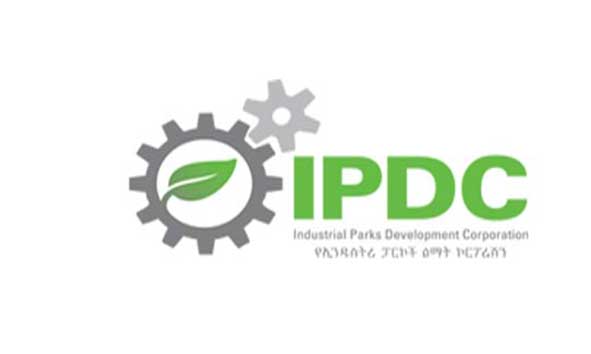 After a five-year delay, the Industrial Park Development Corporation took 290ha of land to construct a leather industrial park in Modjo, Oromia Regional State.
After a five-year delay, the Industrial Park Development Corporation took 290ha of land to construct a leather industrial park in Modjo, Oromia Regional State. After a five-year delay, the Industrial Park Development Corporation took 290ha of land to construct a leather industrial park in Modjo, Oromia Regional State.
Initially planned to be constructed by the Leather Industry Development Institute, half of the project will be financed by the European Union. The project has an estimated cost of 60 million to 80 million euros.
Having 11 small and medium leather industries that produce semi-finished leather products, as well as finished leather products like shoes and bags, the industrial park will be equipped with a wastewater treatment plant. It will also have a bank, a post office, a leather processing training centre and a park.
The United Nations Industrial Development Organisation (UNIDO), the Institute and Addis Abeba University conducted the feasibility study in 2015 and came up with a plan to set up the park.
Though the Institute was tasked with constructing the park initially five years ago, it has transferred the task to the Corporation, which was formed in 2014 to build and administer industrial parks.
The project was delayed due to land-related issues, since the farmers refused to relocate after complaining of meagre compensation, according to Hailekiros Debesay, deputy director-general of the Institute.
''Now the farmers will get compensation with the latest revised rate,'' Hailekiros told Fortune.
Last month the parliament legislated a bill that privileges property owners relocated from their land for investment purposes to own shares in the project. It also calls for the formation of a rehabilitation fund that will administer help to relocated people, and the farmers get a fair and proportional replacement parcel of land.
The Ministry of Trade & Industry formed a steering committee with members from the Corporation and the Institute to revive the project, according to Teka G. Eyesus, state minister for Trade & Industry.
''The project took shape two months ago, and the Corporation has sent a letter to the regional land management office asking for the land,'' Teka said.
The Corporation received rights to the land and took over the project on August 20, 2019, with a ceremony that was attended by representatives from the Institute, the Corporation, the Ministry of Trade & Industry, the mayor of the city and the heads of East Shoa Land Management Administration, Limu Wereda and kebeles.
''The Corporation will conduct its feasibility study and will resume the project,'' said Hailekiros.
The Institute will be responsible for transferring technology and knowledge to the companies in the park, while the Ministry of Trade & Industry will work toward securing additional funding and the regional administration office deals with land issues related to the project.
Modjo Leather City will be the third industrial park that is dedicated to leather and leather products. George Shoe Company, which is located in Modjo and was constructed by a China Communication & Construction Company (CCCC), is one of the leather parks.
The other operational company is Huajian International Shoe City, which was built on 37.8ha of land in the Dukem area on the outskirts of the city. Owned by a Chinese company, Huajian went operational in 2012 with a capacity of producing 20 million pairs of women's shoes a year and employing 15,000 people.
“The City provides an opportunity to establish an environmentally friendly leather tanning district driven by a network of tanneries,” Hailekiros said.
Ethiopia has one of the world's largest livestock populations and the largest in Africa. Twenty-nine tanneries are processing and producing finished leather products in different sites, producing a total of half a million square feet of leather every year. About 48pc of the existing tanneries in Ethiopia are operating in Oromia Regional State due to the availability of raw materials, water supply and skilled workforce.
It is good that the Trade & Industry Ministry revived the delayed project, according to an expert who requested anonymity.
''The Leather City is vital in promoting cooperative working,'' the expert said.
PUBLISHED ON
Aug 31,2019 [ VOL
20 , NO
1009]

Radar | Jun 27,2020

Radar | May 04,2019
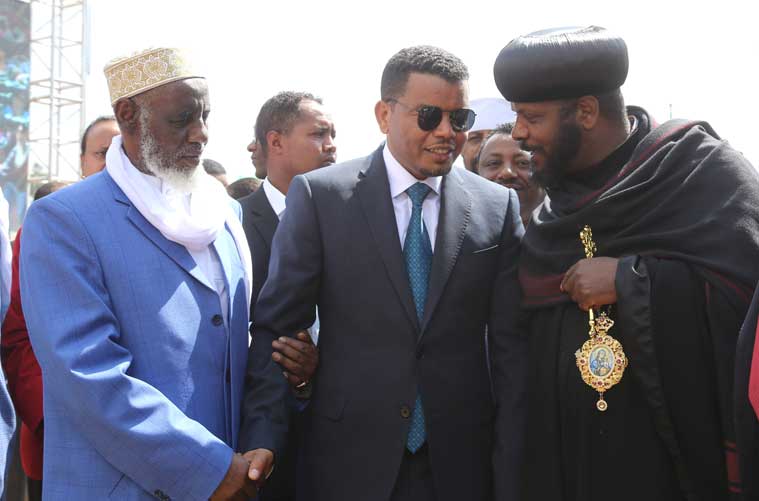
Fortune News | Nov 02,2019

Radar | Jun 26,2021
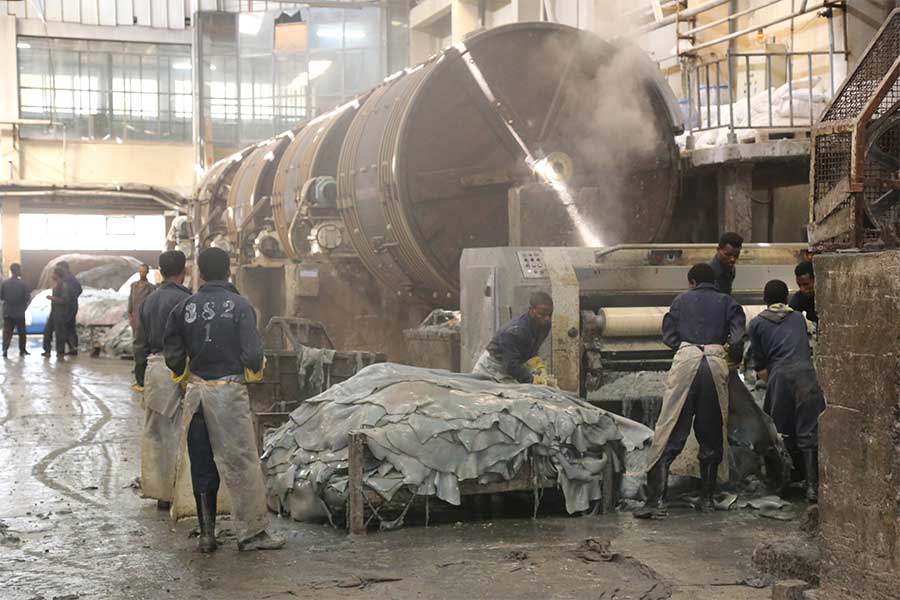
Agenda | Dec 26,2020
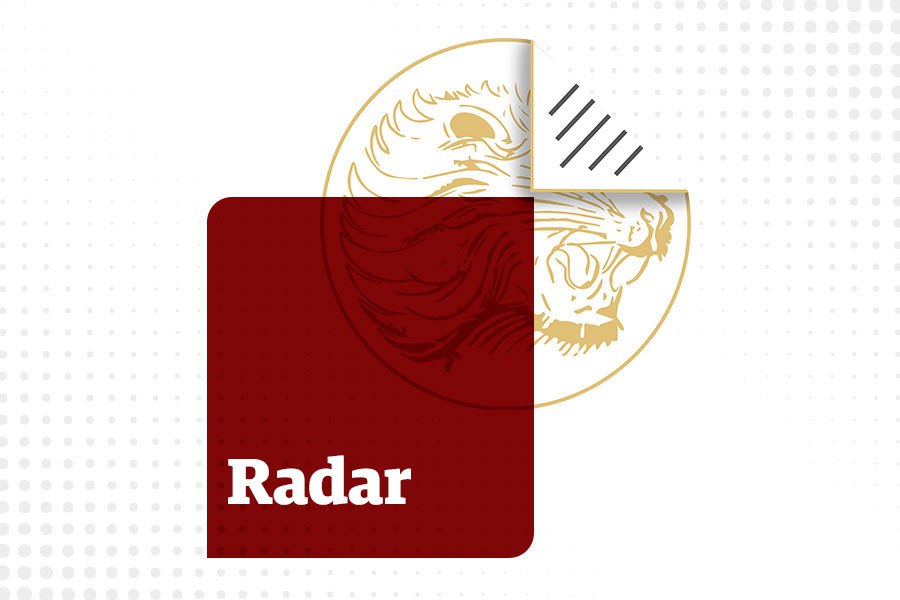
Radar |

Radar | Feb 26,2022

Fortune News | Sep 30,2023
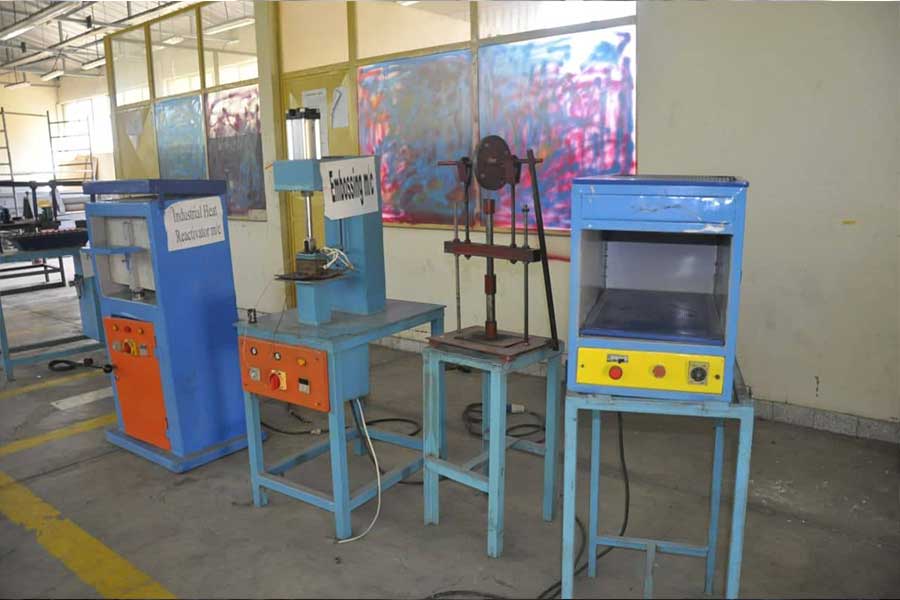
Fortune News | Nov 14,2020

Life Matters | Sep 04,2021

Dec 22 , 2024 . By TIZITA SHEWAFERAW
Charged with transforming colossal state-owned enterprises into modern and competitiv...

Aug 18 , 2024 . By AKSAH ITALO
Although predictable Yonas Zerihun's job in the ride-hailing service is not immune to...

Jul 28 , 2024 . By TIZITA SHEWAFERAW
Unhabitual, perhaps too many, Samuel Gebreyohannes, 38, used to occasionally enjoy a couple of beers at breakfast. However, he recently swit...

Jul 13 , 2024 . By AKSAH ITALO
Investors who rely on tractors, trucks, and field vehicles for commuting, transporting commodities, and f...

Oct 25 , 2025
The regulatory machinery is on overdrive. In only two years, no fewer than 35 new pro...

Oct 18 , 2025
The political establishment, notably the ruling party and its top brass, has become p...

Oct 11 , 2025
Ladislas Farago, a roving Associated Press (AP) correspondent, arrived in Ethiopia in...

Oct 4 , 2025
Eyob Tekalegn (PhD) had been in the Governor's chair for only weeks when, on Septembe...